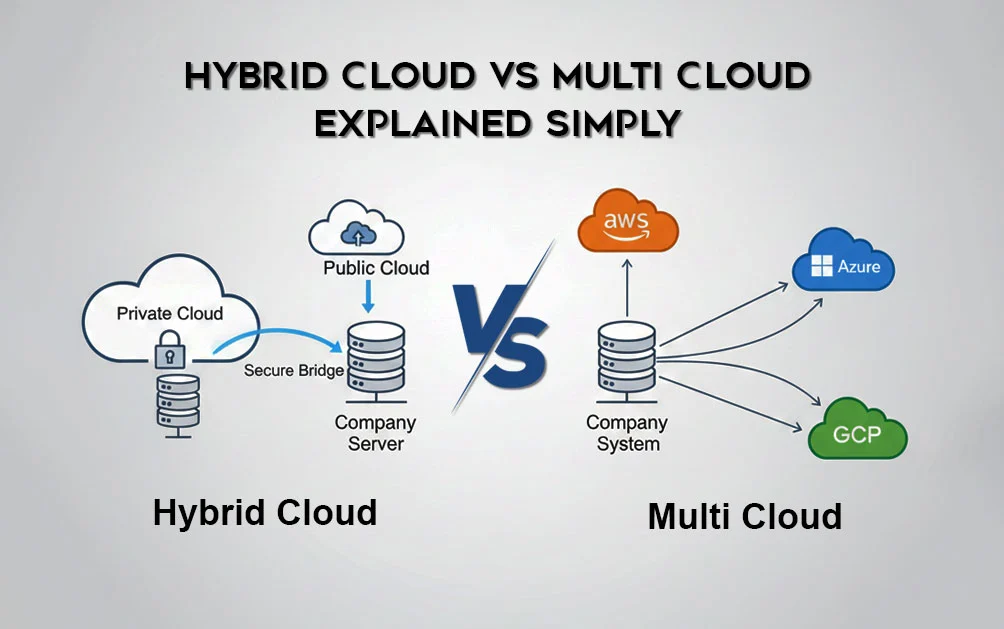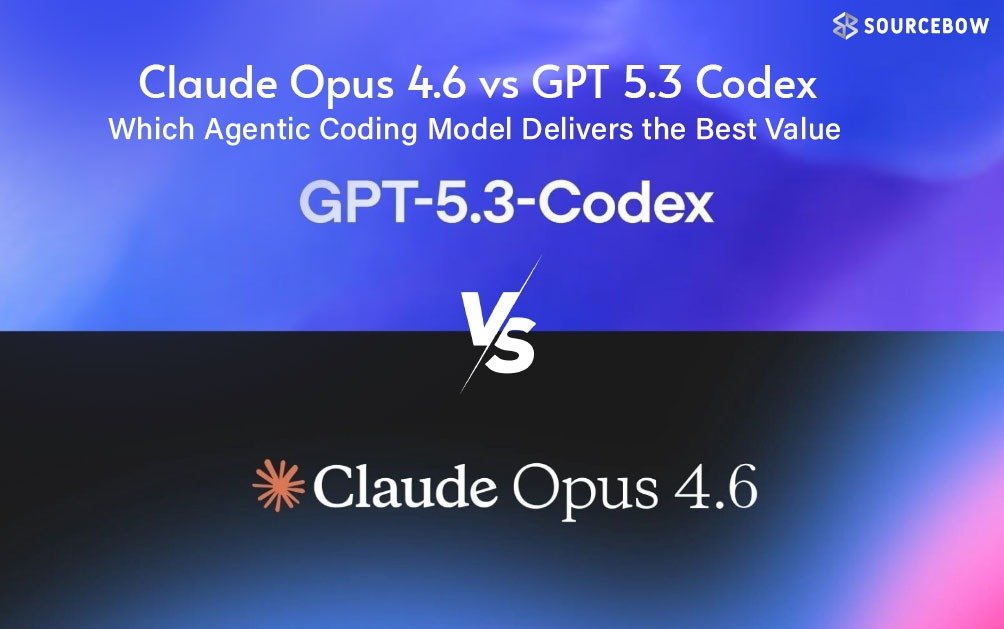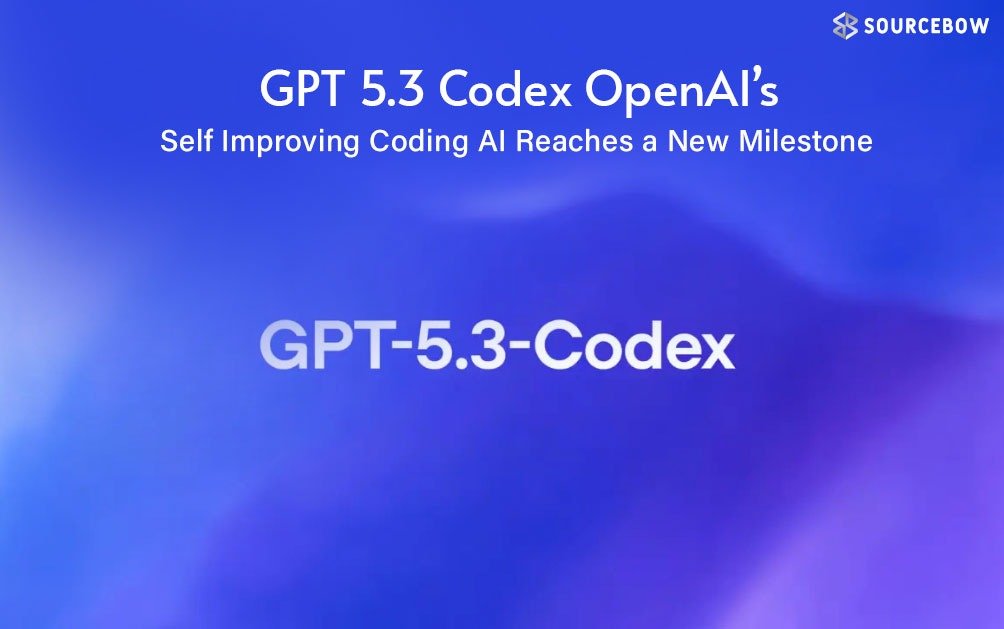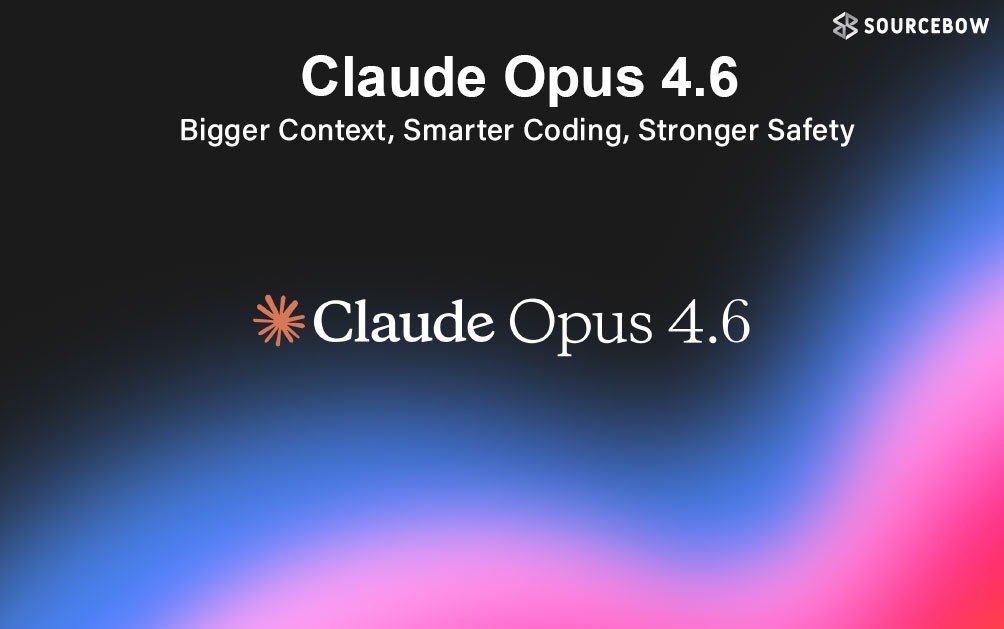Hybrid Cloud vs Multi Cloud: What’s the Real Deal
Cloud buzzwords fly around so much these days that half the time people use them without knowing the difference. Two of the most common ones are hybrid cloud and multi cloud. They sound almost the same, right? But no, they’re not. And the real confusion is that folks mix them up so often that it feels like one big jumble.
The easiest way to untangle this mess is to look at it through something familiar. Let’s use a wedding story—because honestly, nothing explains chaos and planning better than an Indian wedding.
Hybrid Cloud is like hosting relatives at home and a hotel
Picture this. A wedding is happening. The bride’s family has their house full of relatives. Every room is occupied, the living room has mattresses on the floor, and still there isn’t enough space. So, what do they do? They book a hotel nearby for the extra guests.
That right there is hybrid cloud. The house is the private data center the company owns. The hotel is the public cloud—AWS, Azure, Google Cloud, pick your favorite.
The company runs its most sensitive stuff—like financial systems, old mainframe databases, things too critical to throw on the internet—in its own “house.” But for things that need to scale fast or face the customer, like a website or an app, it books a “hotel room” in the public cloud.
Why not move everything to the public cloud then? Sounds easier. But not really. Big, old companies—banks, factories, insurance firms—can’t always dump decades of data and processes onto the cloud. Privacy rules, security, and just plain cost hold them back. That’s why hybrid cloud makes sense. Keep the crown jewels safe at home, rent out rooms when the guest list grows.
Multi Cloud is like booking three different hotels
Now let’s twist the story. The same wedding, same family, but instead of one hotel they go overboard and book three. Taj, Hilton, Oberoi. Why three? A few reasons. Maybe one uncle messed up and booked Hilton by mistake. Maybe the family wanted the best prices and services from each. Or maybe they were just nervous about relying on one place—what if a hotel cancels at the last minute?
That’s multi cloud. Instead of sticking to just one provider, the company spreads its work across multiple clouds—AWS plus Azure plus Google Cloud. Sometimes even smaller providers get in the mix.
It’s not private + public this time. It’s public + public + maybe another public. And yeah, the company might still keep some things in its own data center, which makes the picture even messier.
Why anyone bothers with Multi Cloud
There are real perks here:
- Pick the strongest tool for each job. AWS might have the best infrastructure, GCP could be unbeatable at data analytics, while Azure slots in perfectly if the company already runs everything Microsoft.
- No getting stuck with one vendor. If prices rise, rules change, or downtime hits, the business isn’t chained to a single provider.
- Global reach. Not every provider operates everywhere. For example, Google Cloud doesn’t run in China, so businesses lean on AWS or Azure there.
- Performance boost. Sometimes it’s about geography. If Google has a data center closer to your Singapore office, then running workloads there just makes sense.
Sometimes Multi Cloud happens by accident
Here’s the funny part. Not every company plans this out. One IT team decides to try AWS. Another runs with Google Cloud. Someone else spins up a quick Azure project. Suddenly, the business has a multi cloud setup without ever meaning to.
That’s how it goes in large organizations—different teams, different choices, and the result is a patchwork of providers. At that point, it starts to look like hybrid plus multi cloud blended together.
Where Hybrid Cloud and Multi Cloud overlap
This is where the confusion really takes root. A hybrid cloud can include multiple public clouds, and a multi cloud setup often still keeps one foot in a private data center. So lines blur. People swap the terms because, in practice, they overlap more than they separate.
The simplest way to pin it down:
| Type | Definition |
|---|---|
| Hybrid Cloud | Private + Public |
| Multi Cloud | Two or more Publics (sometimes with Private mixed in) |
Wrapping this up
Think back to the wedding. Hybrid cloud is like using both the house and one hotel. Multi cloud is like spreading the crowd across three different hotels. Both solve different needs, but sometimes you end up with a bit of both.
Companies choose based on what matters to them—security, flexibility, compliance, cost, or just wanting the best tool for the job. There’s no one-size-fits-all answer. The real trick is knowing where to put each workload, kind of like figuring out which relatives should stay at home and which ones are fine with a hotel room.





